news
Buhari has responsibility to restructure Nigeria – Bakare
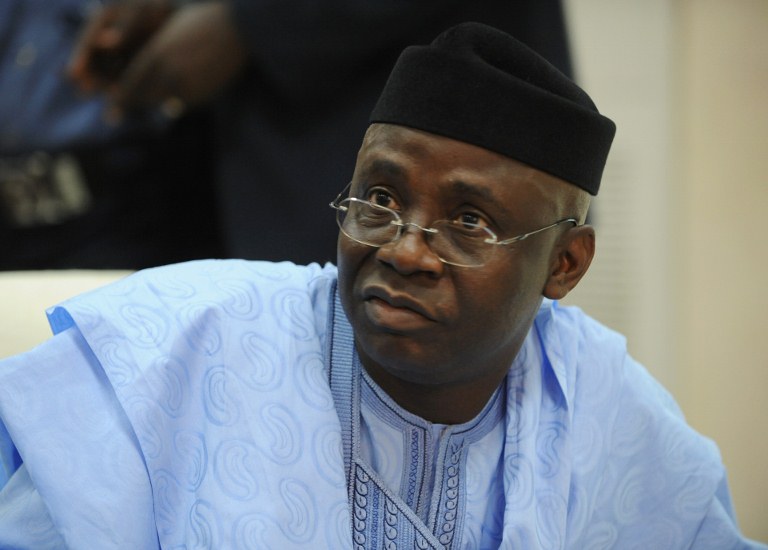
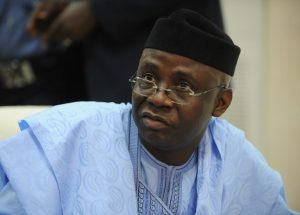
Overseer of The Latter Rain Assembly, Mr Tunde Bakare, has said the buck of championing the structural, institutional and constitutional changes to salvage Nigeria stops at President Muhammadu Buhari’s table.
The cleric stated this on Sunday in a speech titled, “Pragmatic Steps Towards Restructuring Nigeria,” delivered in the church auditorium in celebration of the country’s 57th independence anniversary.
He said, “I must state that, as far as championing the far-reaching structural, institutional and constitutional changes necessary to salvage the soul of our nation is concerned, the words on the desk of the 33rd president of the United States, Harry Truman: “The buck stops here,” are relevant to President Buhari whose legacy is at stake. Mr. President, the buck stops at your desk and, as always, my earnest prayer is that you find the courage and political will to do what is right at this momentous period in the history of our nation.”
Buhari had in a broadcast in August after his 104-day medical trip to the United kingdom said among other things that issues of national discourse should be taken to the National Assembly and the National Council of State.
The pastor observed that many kicked against the President’s recommendation due to the reputation that members of the National Assembly had created in the minds of Nigerians and expressed doubts about the ability and willingness of the National Assembly to midwife the needed reforms in Nigeria.
He called on Nigerians to keep hope alive, noting that the National Assembly had in the past intervened at crucial moments in the country’s life by opposing ex-President Olusegun Obasanjo’s third term agenda and invoking the doctrine of necessity to foreclose leadership vacuum.
Bakare, who also stated that some of the ongoing calls for restructuring were motivated by the aim of finding geographical expressions for identified socio-cultural identities, noted that one could not compel statehood by show of force.
“Therefore, those asking for the opportunity to negotiate their existence within the Nigerian state based on their ethnic or cultural identities have a right so to do, as captured in international legal instruments such as the International Covenant on Economic, Social and Cultural Rights, to which Nigeria is a signatory, “ he said.
Punch
-
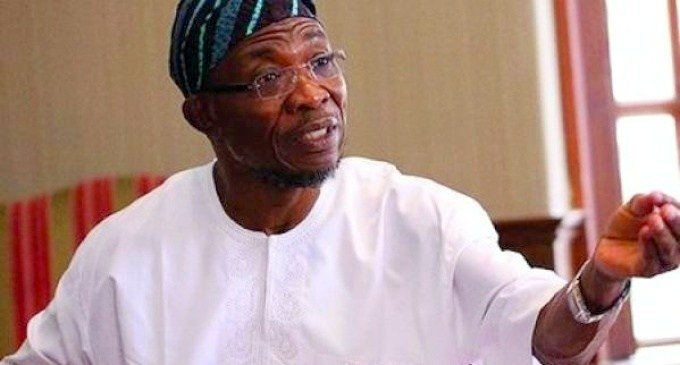
 news7 years ago
news7 years agoOsun Government presents 2015, 2016 audited accounts…sets record as the first state in Nigeria to publicly declare accounts
-

 crime5 years ago
crime5 years agoArotile’s ex-classmate had no driver’s licence, report reveals
-

 lifestyle8 years ago
lifestyle8 years agoAmazing Tips for an Outstanding Makeup
-
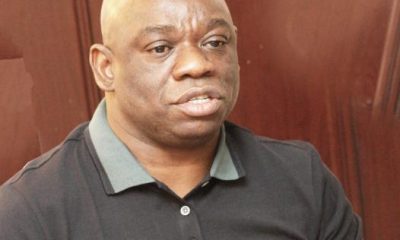
 news4 years ago
news4 years ago2023: Kola Abiola Set To Declare For Presidency
-
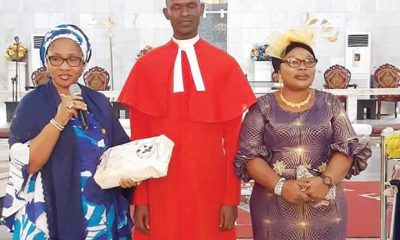
 entertainment5 years ago
entertainment5 years agosanwo-Olu honours sacked chaplain after Ambode’s wife saga
-
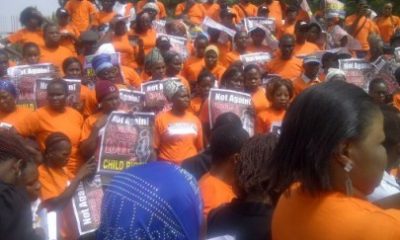
 entertainment6 years ago
entertainment6 years agoSee how Women now use toothpaste to tighten vagina
-
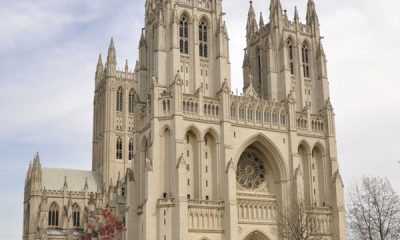
 lifestyle5 years ago
lifestyle5 years agoUS Church ‘refunds members three years tithes’ as help during COVID-19
-

 business4 years ago
business4 years ago#EndSARS: Access Bank announces N50 billion interest-free facility for businesses

